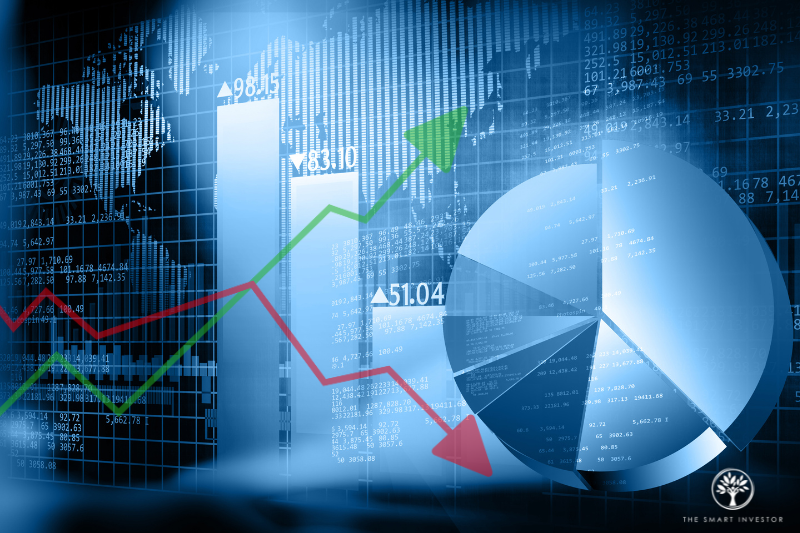Yes, you heard me right. The stock market will crash.
Thing is, market declines shouldn’t be a surprise. It has happened before and it will happen again in the future.
What we don’t know, of course, is when the next crash will happen, how deep that plunge is going to be, and how long the decline will last.
In short, no one knows the most critical points about the next stock market crash.
But that doesn’t mean we shouldn’t prepare ourselves for the inevitable.
What we know and what we don’t know
The probability of a market decline is quantifiable.
Historically, Singapore’s Straits Times Index (SGX: ^STI) has fallen 10% or more in nine out of every 10 years. Larger declines of 20% or more have happened in two out of every five years, as shown in the graph below.

Source: S&P Global Market Intelligence; Yahoo Finance
Declines from the peak to trough of 30% or more, which was what happened in March 2020, are fairly rare, occurring only once in every five years.
Probabilities, however, can be deceiving.
For instance, between 2003 and 2007, a period of five years, there was no decline that exceeded 20%. Likewise, the STI went without a 30% plunge for a period of 11 years between 2009 and 2019.
So, while we know there is probability of a market crash, we don’t know when it will happen.
Don’t predict, prepare
On 21 March 2020, right in the middle of last year’s market decline, we issued a note to all our members of The Smart Dividend Portfolio.
We would like to share a few key paragraphs that we think are relevant today:
Share prices are plunging.
But here’s the thing …
Stock sellers are not doing so because they know what is going to happen.
They are doing so because they don’t know what is going to happen, and are assuming the worst. In other words, they are guessing.
Even then, we didn’t panic.
Even though the stock market plunged more than 30% in a matter of weeks, we didn’t panic.
Nor did we sell a single stock.
We didn’t know that the market would make a sharp turn upwards two days after we came out with the note above.
That’s because we knew what we should be focusing on.
The business behind the stock ticker, and not the falling stock price. Here’s an extract of what we wrote on 21 March 2020:
We are better off focusing on tangible factors that can help a company survive a potential economic winter.
Strong market position: Tough market conditions will affect all industry players in the same way. As such, focusing on market leaders with a dominant position is a good place to start. If all the companies within the industry are impacted, chances are, the strongest ones will survive the fallout better than the weaker ones.
Cash on the balance sheet: Most companies run into trouble when they run out of cash. As such, focusing on companies with strong balance sheets will tilt the odds in your favour. Cash will help companies keep the lights on.
Strong operating cash flow: Again, cash is key. Companies with long histories of generating strong operating cash flow are more likely to weather the economic storms and come out stronger. Capital expenditure can be delayed, freeing up valuable cash for ongoing expenses.
Because we had done our homework, we knew that most of our companies were loaded with cash and had a long history of generating rivers of cash flow.
We also knew that many of our companies are leaders in their own industry and will likely weather the storm better than their peers.
In short, we had inherently built in a “defence” against a market crash.
In the process, The Smart Dividend Portfolio survived what turned out to be Singapore’s worst recession since its independence.
Courage to move forward
It’s natural to be fearful, especially when your own money is at stake. We fear for our retirement, we fear for our health, and we fear what is unknown ahead of us.
The other human trait is we all have in us is courage.
Courage does not come without fear.
Courage is about forging ahead, despite the fear we feel.
I wanted to end off with a quote by Morgan Housel that I think sums it up very well “Save like a pessimist, Invest like an optimist”.
Click HERE to get our latest and hottest articles in your email inbox today! Sign up for Smart Reads to get the latest investing news, analyses, and stories for FREE! Click HERE now.
Don’t forget to follow us on Facebook and Telegram for some of our latest free content!
Disclaimer: Chin Hui Leong does not own shares in any of the companies mentioned.





